Setting up a business is not an easy feat for any aspiring UK entrepreneur. You need to figure out many things, including what to sell, who to target, business expenses, sales forecasts, etc. Developing a business plan can make the process less overwhelming. You can pre-plan many aspects of your new venture, from the proposed business name to the target customers. Undergoing the systematic process of creating a business plan can reveal whether you have a viable idea that deserves funding or if the concept needs more refining.
We’ll go over the essential components to include in a good business plan. They are crucial details to cover whether you’re preparing a plan to present to investors or developing a plan for personal use.
Let’s get started!
What is a business plan?
It may be described as a document that details the particulars of bringing a new enterprise to life. Many founders compose the document in order to refine their initial idea. They elaborate more about what the business seeks to do, its target market, goods/services, competitive advantage, and operations structure.
The advantages of a business plan make it a must-have tool for any aspiring UK founder. It offers a risk-free way to determine the feasibility of an idea by requiring founders to perform market analysis to evaluate customer demand.
Founders can better estimate their start-up costs, as the plan requires them to describe their production process, business premises, equipment, staff needs, and more.
Businesses can predict their performance for the first year through the financial estimate, giving them a sense of the targets they need to hit. It’s been established that firms with written plans have up to a 30% greater chance for growth and scaling their operations.
Writing a business plan – what to know
The first thing to know about creating a business plan is that it doesn't require specialized skills. Anyone can reasonably do it. Fundamentally, the plan should answer some of the following core questions:
- How does the enterprise strive to make money?
- Why is it uniquely suited to succeed where many others have failed?
- What qualities does the business have or what untapped opportunity does it exploit to make it a funding and talent magnet?
- How precisely will the business grow and expand?
- What does the enterprise require along the way to achieve its end goal?
There's more than one right way to create a business plan. But you can keep the following tips in mind:
- Presenting the plan in a concise matter can help investors to derive a quick snapshot of the idea and its viability
- Details are quite significant, so it helps to be specific with estimates, costs, and financial figures
- One of the key aspects of a successful plan is nailing down the needs of the target market
- Be specific about how the business intends to make money, as investors need to understand the firm’s viability
Already running a business? Handle money and accept payments in one app.
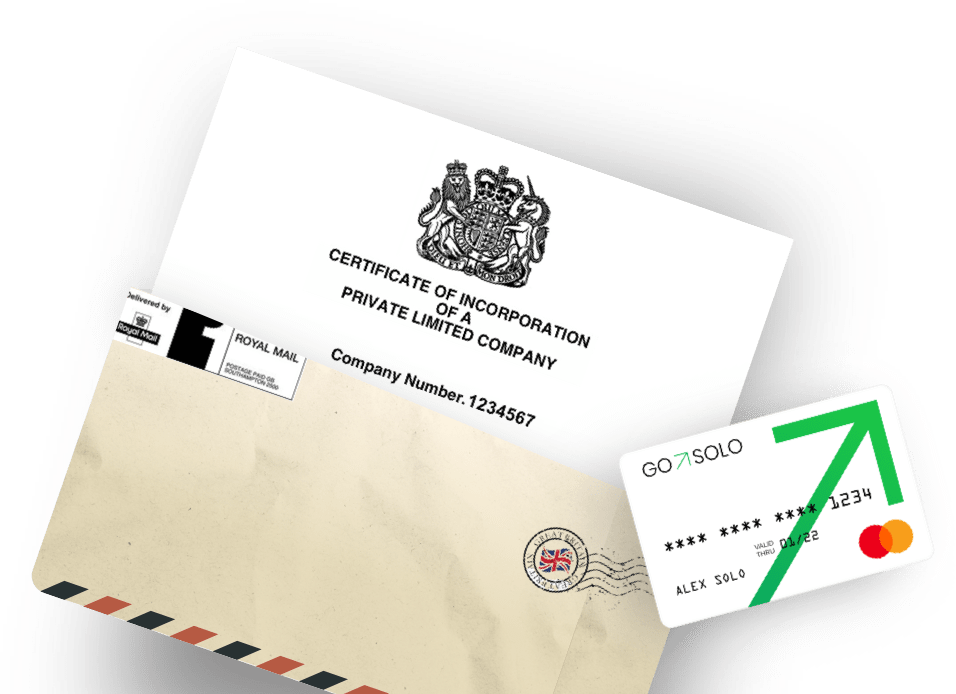
Business plan structure
Founders may tackle the business plan in various ways, but there are key sections that should be covered for a reliable structure. Let's examine some elements of a business plan for a clear understanding of the facts to include:
1. Business and contact details
If there's a requirement to mail the business plan or if it may be utilised for official use, think of adding some basic facts about the business and owner. For instance, it is expedient to add the business name, postcode, company address, telephone number, and owner's name & address. The information may be on the first page following the title.
2. Executive summary
When starting a business plan, the first major section or chapter is the executive summary that gives an overview of the enterprise. Some key things to have in this first part include:
- Name and location
- Missions, goals, and visions of the enterprise
- Financial summary with growth plans
- Services and products
- Brief details of employees or management team
- An elevator pitch
- Strapline
The first section should be captivating, giving sufficient information about the enterprise. It should reveal a unique problem and make a strong case for the company’s existence. Founders may reveal the competitive advantage of their new ventures and innate strengths possessed by the enterprise.
3. Goods and services
Enterprises make money by delivering goods or services. This section in the business plan answers the question of how to set up a business. Founders will need to describe their products or services in depth. They should disclose services or products they will offer right from the start or when they will introduce them.
The section can go into the demand and viability of the company’s offerings. Founders may also share their plans in terms of seeking copyright protection, filing for patents, or undertaking R&D.
4. Market assessment
Any startup business plan must have a market and market research section. The goal is to offer a clear assessment of the customer needs, preferences, and demand for the business’s offerings. For instance, it should answer the following questions:
- Who are the customers (individuals, government agencies, corporations, small business owners, etc.)
- What are the markups and characteristics of the typical customer?
- Where are the customers located or based?
- Which prompts will cause buyers to engage with the firm’s services or products?
- Which factors do customers look out for when determining the company to choose?
- Has the firm sold any goods or provided services?
- Have any potential buyers expressed interest in wanting to purchase the company’s services or goods?
Founders need to complete both desk and field research to report their findings in the business plan. They can use field research methods such as direct observation, participant observation, qualitative interviews, and case studies.
5. Marketing techniques
When figuring out how to write a business plan, a key section that should not miss is the marketing strategy. It simply entails stating the marketing methods the business hopes to employ. Reasons should be given as to why the firm has decided to use various strategies, along with estimated costs.
6. Competitive analysis
Businesses don't operate in a vacuum. Chances are, many well-established ventures are offering similar products and services. When figuring out how to start up a business, it's vital to cover potential competitors.
In this section, founders should essentially list the competitor's name, location, and size. It’s vital to expand on the competitors’ products/services, costs, and USPs.
The competitive analysis also entails performing a SWOT analysis to reveal the new venture’s strengths, weaknesses, opportunities, and threats. It's also paramount to list the unique selling points (USPs) that will give the new venture a fighting chance in the industry.
7. Logistics and operations
This section aims to elaborate more on how the company will operate on a day-to-day basis. As such, it entails explaining the production, delivery, payment, or sourcing of items for sale. The founder may identify the suppliers and furnish reasons for choosing them. They may share more about their premises, equipment needs, and transport.
Since this section deals with operations, it's also essential to go into details about the management and staff, along with other professional needs such as insurance and legal.
8. Pricing strategy and costs
In the costs section of the startup plan, the founder should break down the costs of sourcing items for resale, producing new items, or offering a service. After calculating the cost per unit, the company should set the price per item. The pricing strategy should also include the markup percentage and profit margin.
9. Sales Forecasting and Projections
Another crucial section that should not be missed is the sales and financial forecast. New ventures may estimate their sales performance for the next 6 to 12 months. They should set realistic forecasts that take into consideration seasonal trends. It’s also vital to have a cash flow forecast with a breakdown of pre-start funding and estimated month-to-month balances.
Available on Web, iOS, and Android.
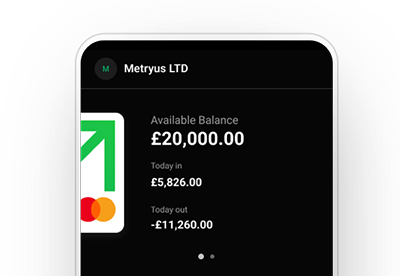
Business plan formats
The business plan may follow a traditional format with the sections as outlined above. This format is highly-detailed, with a lot of information requested by financiers and partners. Alternatively, founders may pick a lean format with some sufficient information.
You’re no doubt interested in checking out some business plan formats. We curated the top examples:
- SBA traditional and lean format examples (Note this is a US resource, but the formats are still applicable for UK companies)
- Barclays traditional business plan (Thru ACCA)
Bottom Line
You have working knowledge on how to create a business plan. The article has also revealed the importance of having a plan, as it allows aspiring founders to essentially build and assess the viability of their new ventures on paper.
Before you go…
At some point, there will be a need to register a limited company with Companies House in the UK. Why not complete the process on GoSolo. It will only take mere minutes, and after registering, GoSolo gives you an online business bank account for transacting. The account supports FPS payments, built-in invoicing, and many other convenient features.
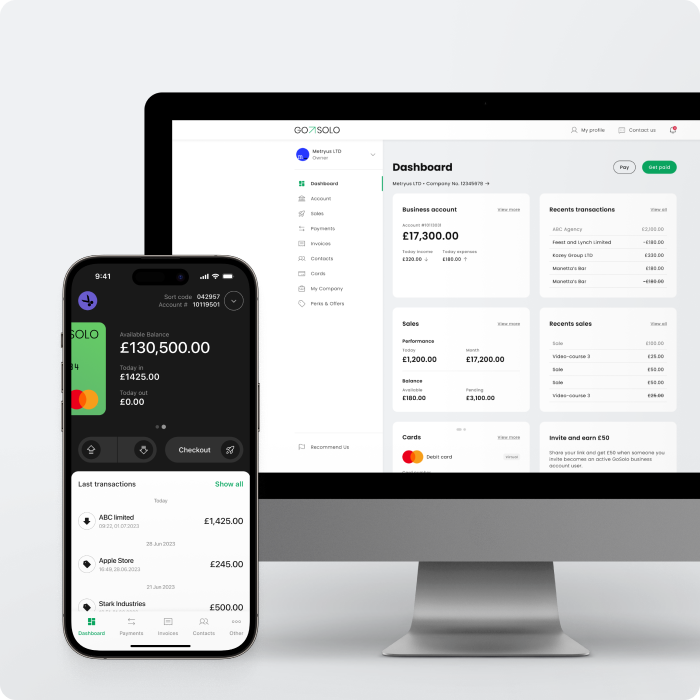

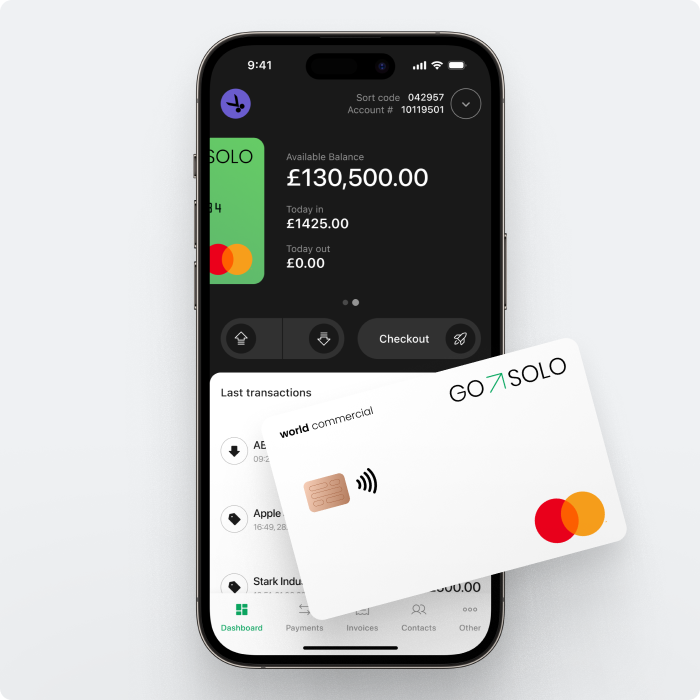
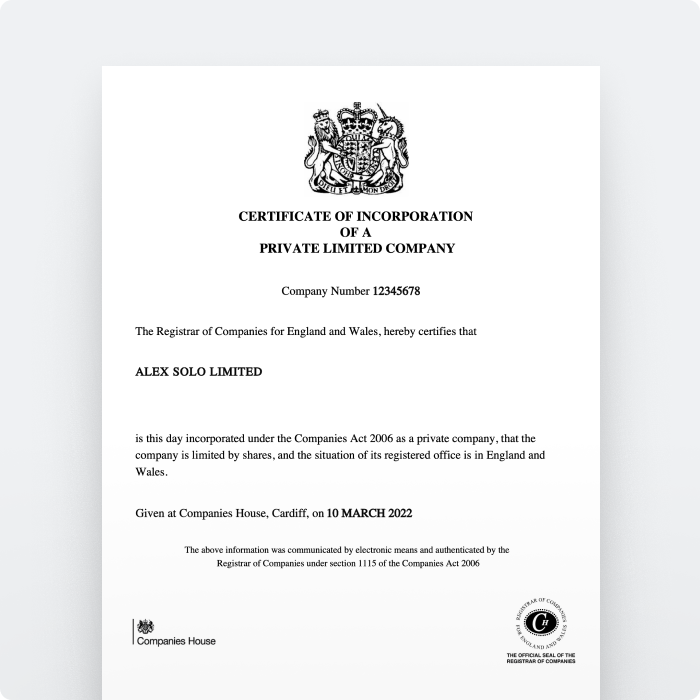
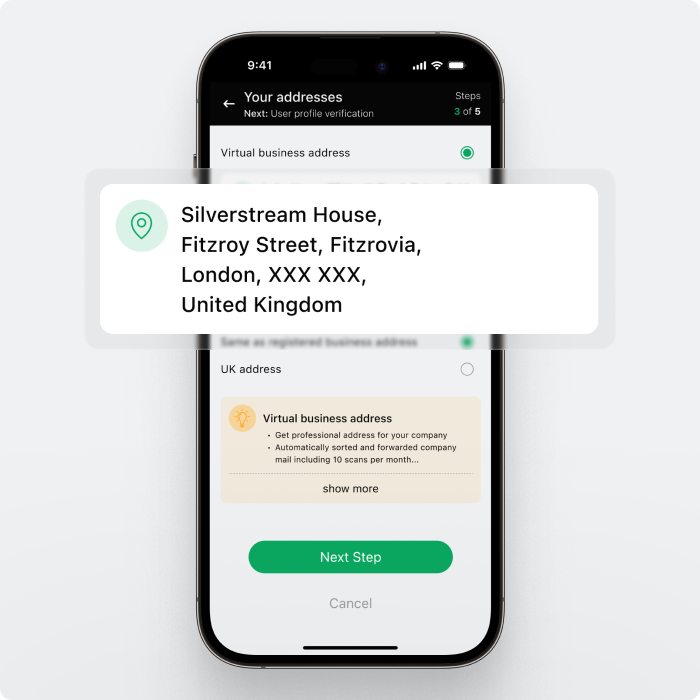

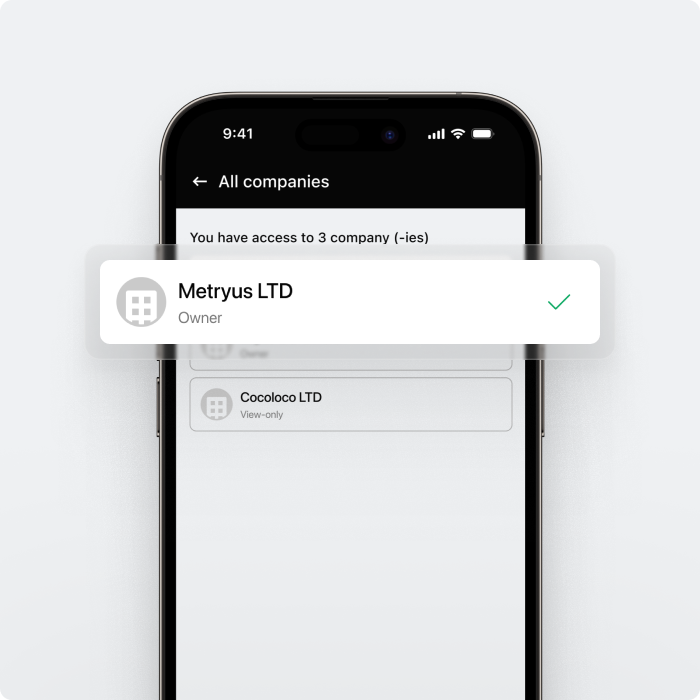
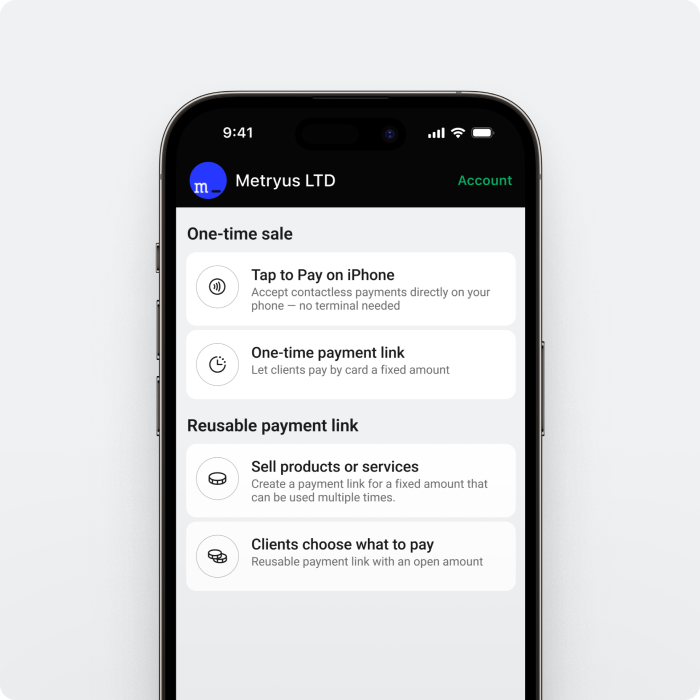
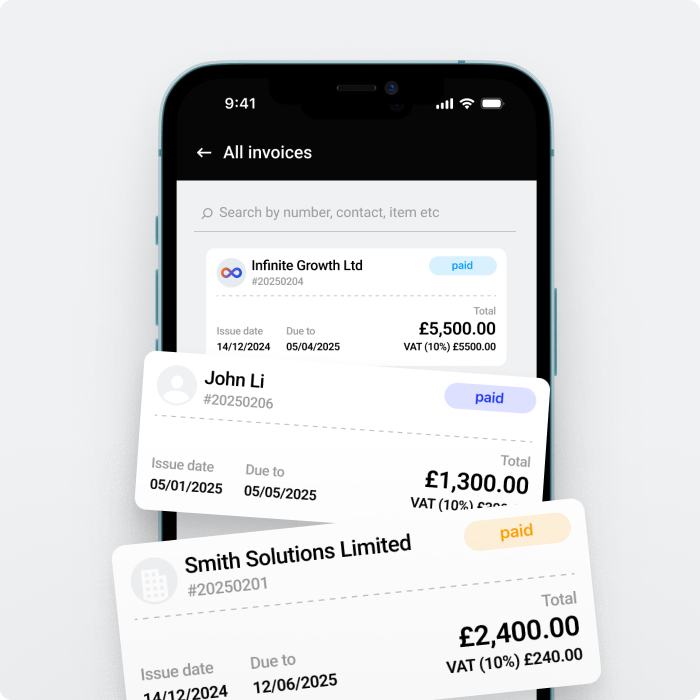









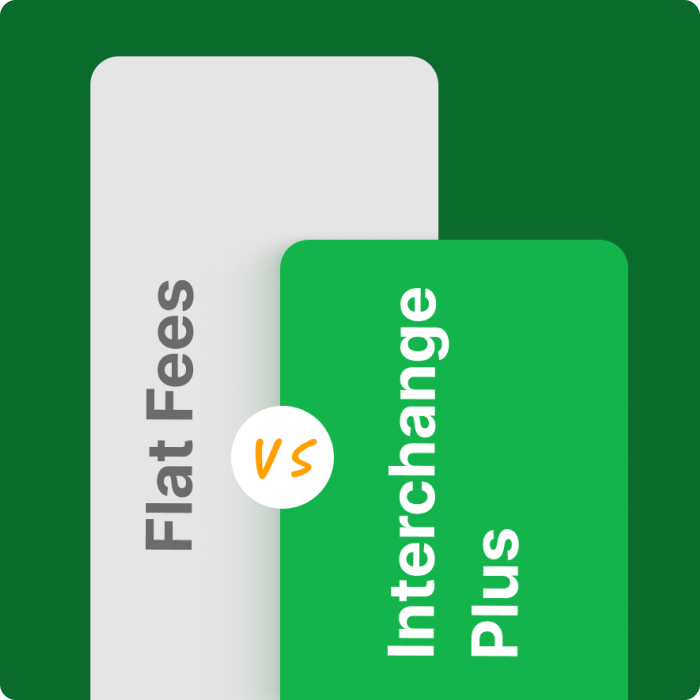

 Back to Blog
Back to Blog
